Insights on ADHD for Professionals
Explore the most recent insights into attention deficit disorder (ADHD) and associated neurological conditions such as depression, anxiety, oppositional defiant disorder, and learning disabilities. This comprehensive resource give insights on ADHD for professionals, educators, and clinicians, providing invaluable updates and strategies for effective management and support.
Access the most recent updates, data, and research findings concerning ADHD and its associated conditions, including ODD, OCD, autism, rejection sensitive dysphoria, and learning disabilities, tailored specifically for professionals in the field.
There are several types of professionals who typically diagnose ADHD. These include: physicians (especially psychiatrists, pediatricians, neurologists), psychologists, social workers, nurse practitioners, and other licensed counselors or therapists (e.g. professional counselors, marriage and family therapists, etc.).
A proficient educator equipped with knowledge of ADHD and learning disabilities can significantly impact children’s lives. Transform into the inspirational teacher your students will cherish well into adulthood by utilizing tailored classroom strategies designed specifically for professionals. These approaches aim to address academic challenges, foster concentration, and promote suitable school conduct.

Until recently, some professionals did not recognize adult ADHD as a distinct mental health condition, and consequently, it often did not receive serious psychiatric treatment from them, if it was acknowledged at all. This perception persists in certain circles.
The symptoms of adult ADHD are frequently mistaken for those of other mental health disorders, such as Personality Disorder, Bipolar Affective Disorder, Depression, and Anxiety. Sometimes, individuals may have both ADHD and one or more of these disorders simultaneously. Additionally, substance and alcohol abuse are common among individuals with ADHD, and their difficulties are frequently attributed solely to these factors, leading to a failure to consider an additional diagnosis of ADHD. This oversight has resulted in misdiagnosis or a lack of recognition of ADHD, resulting in ineffective and temporary treatment.
Despite the presence of comorbid conditions, there is a growing recognition that ADHD requires specialized evaluation and treatment in its own right. Identifying ADHD in patients amid complex mental health issues, intricate personal and social circumstances, and a lack of professional acknowledgment can pose a challenge.
We have established this ADHD service to offer the highest standards of professional information, assessment, and treatment. This approach is increasingly acknowledged as essential and beneficial for patients, healthcare professionals, and the broader community.
Popular in ADHD for Professionals
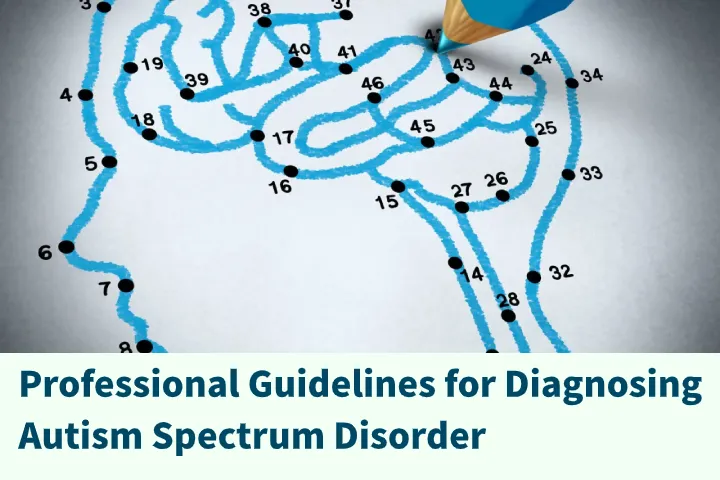
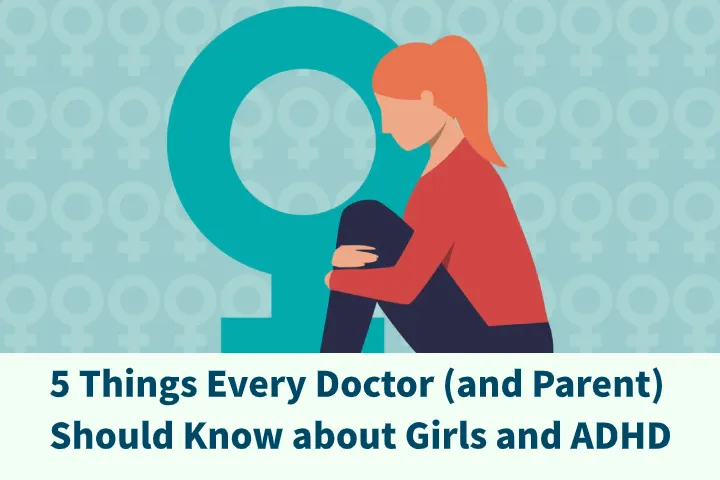
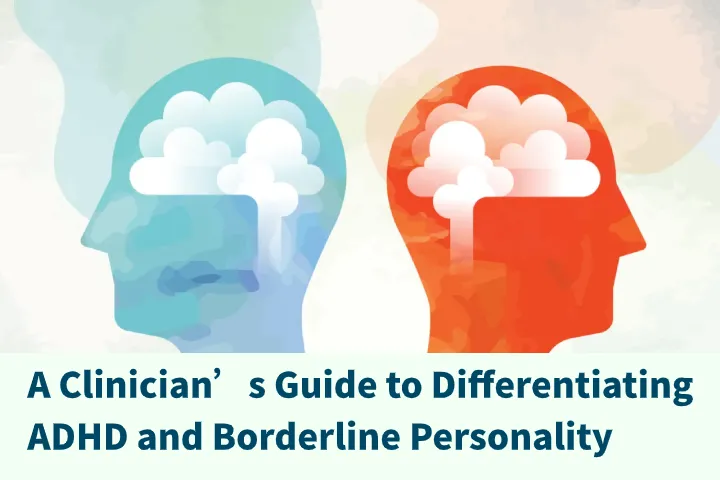
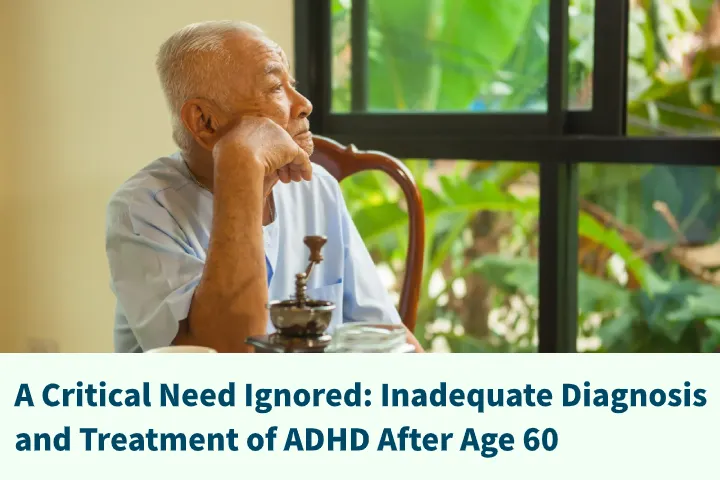
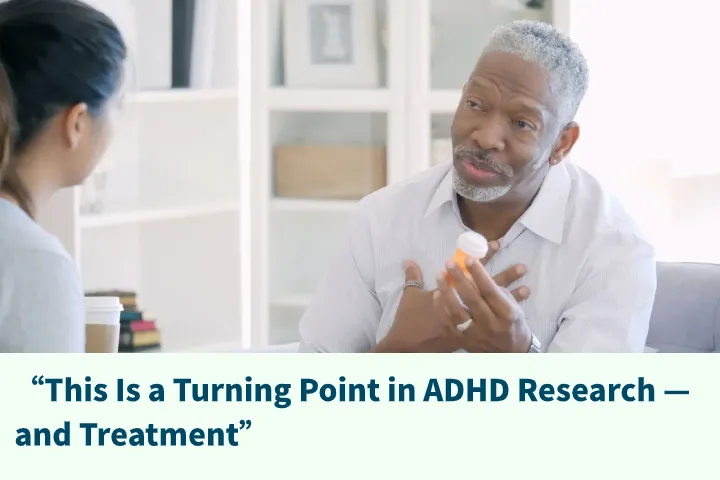
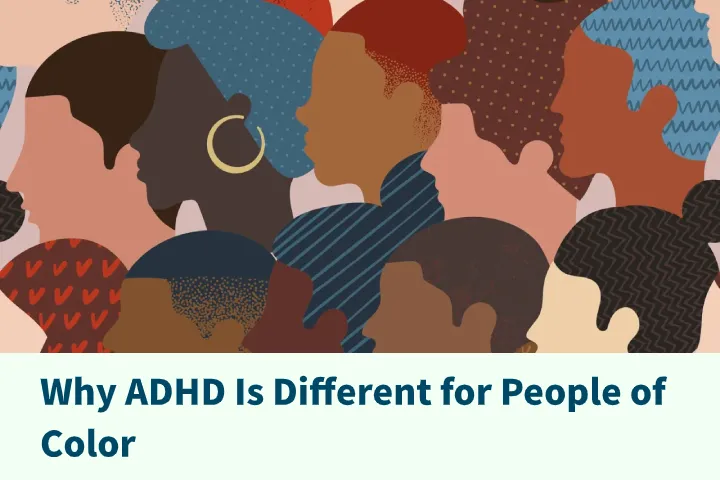
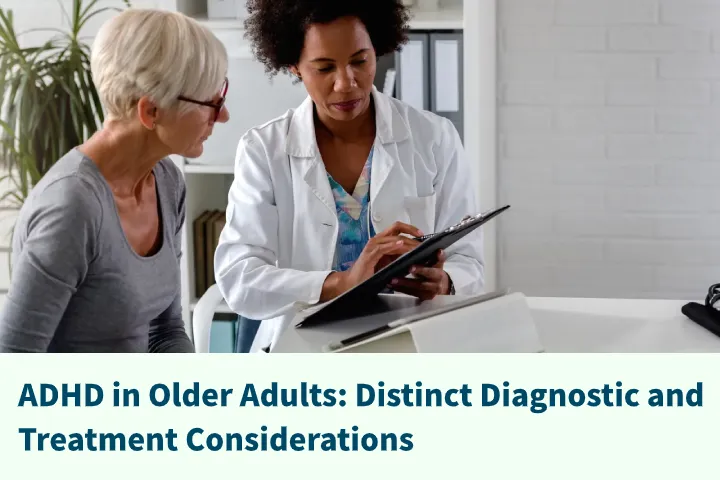
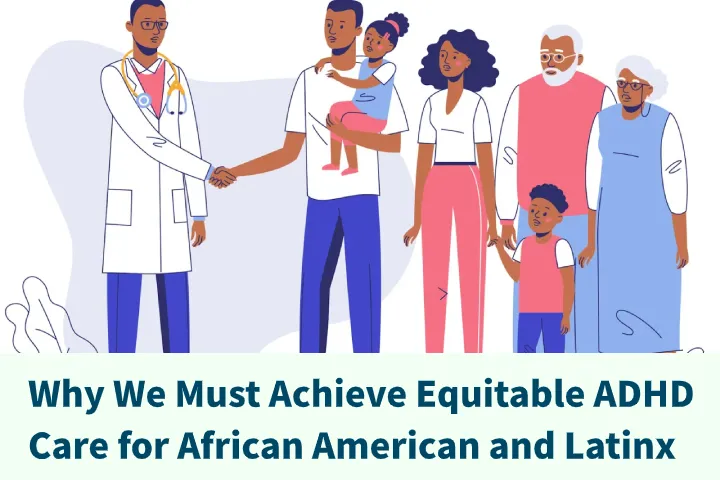
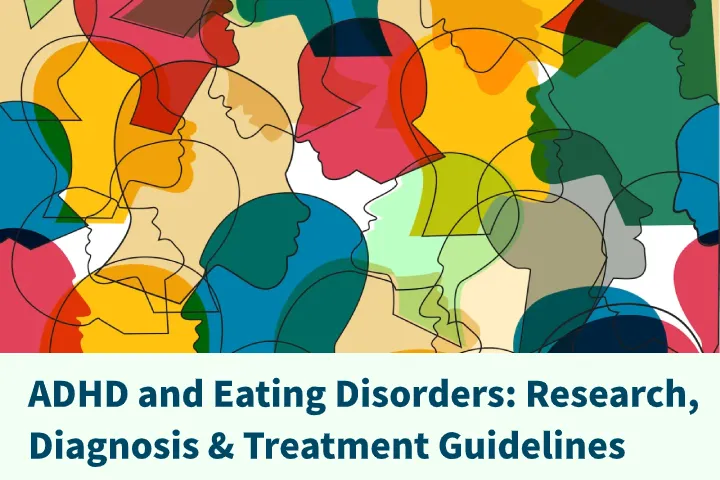
Facebook
Tiktok
Youtube
Whatsapp
The ADHD symptom checker
ADHD may overlap with anxiety, depression, autism, and more. Use this tool to compare your symptoms to those of 17 common psychological & learning conditions.
News & Reseach in ADHD for Professionals









For Professionals
For Patients

- 123-456-7890
- CV1 2NA Coventry
- Mon-Fri 9:00AM – 5:00PM
© All Rights Reserved.